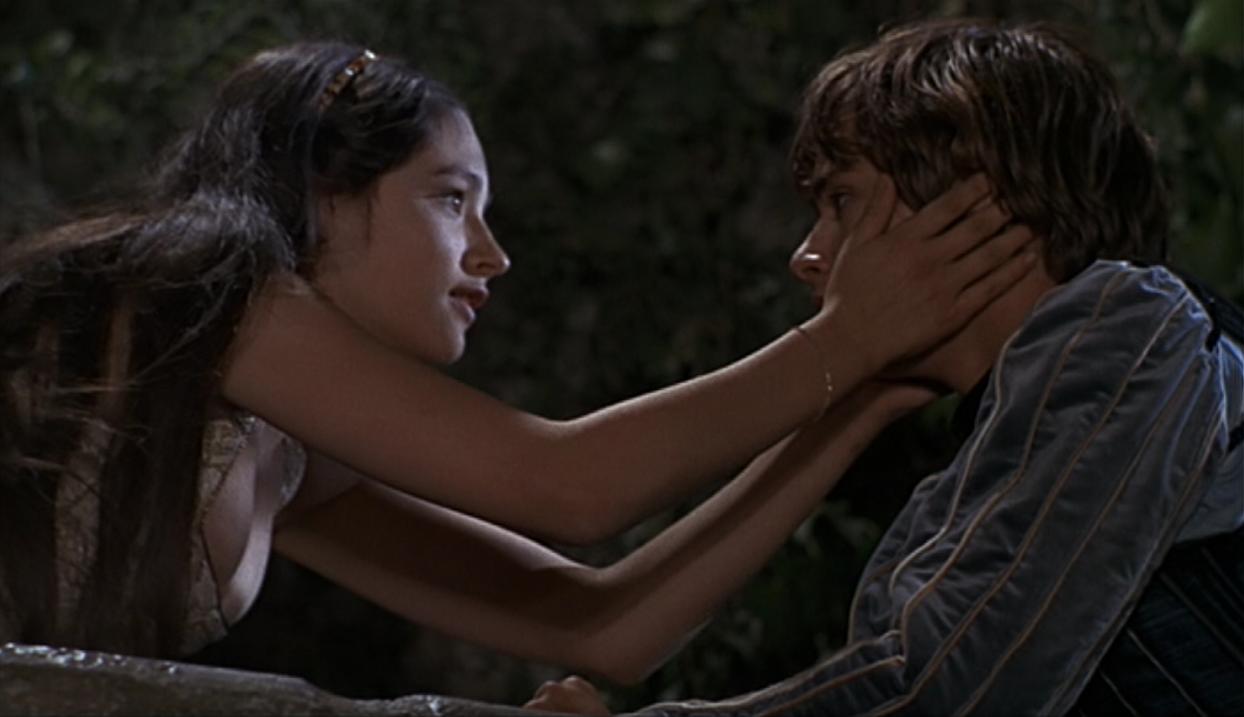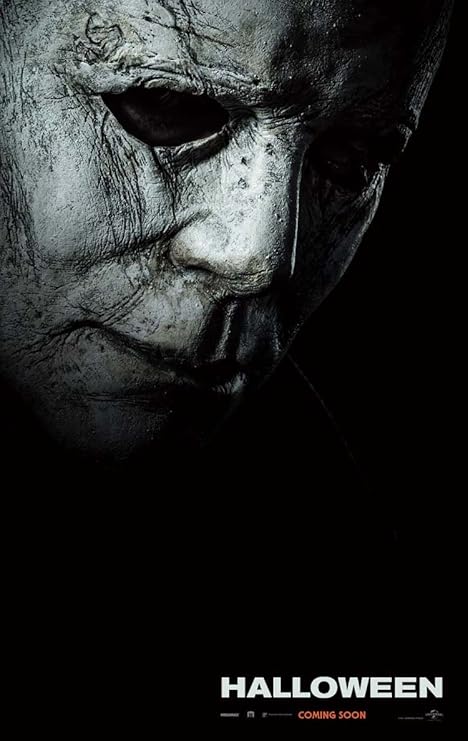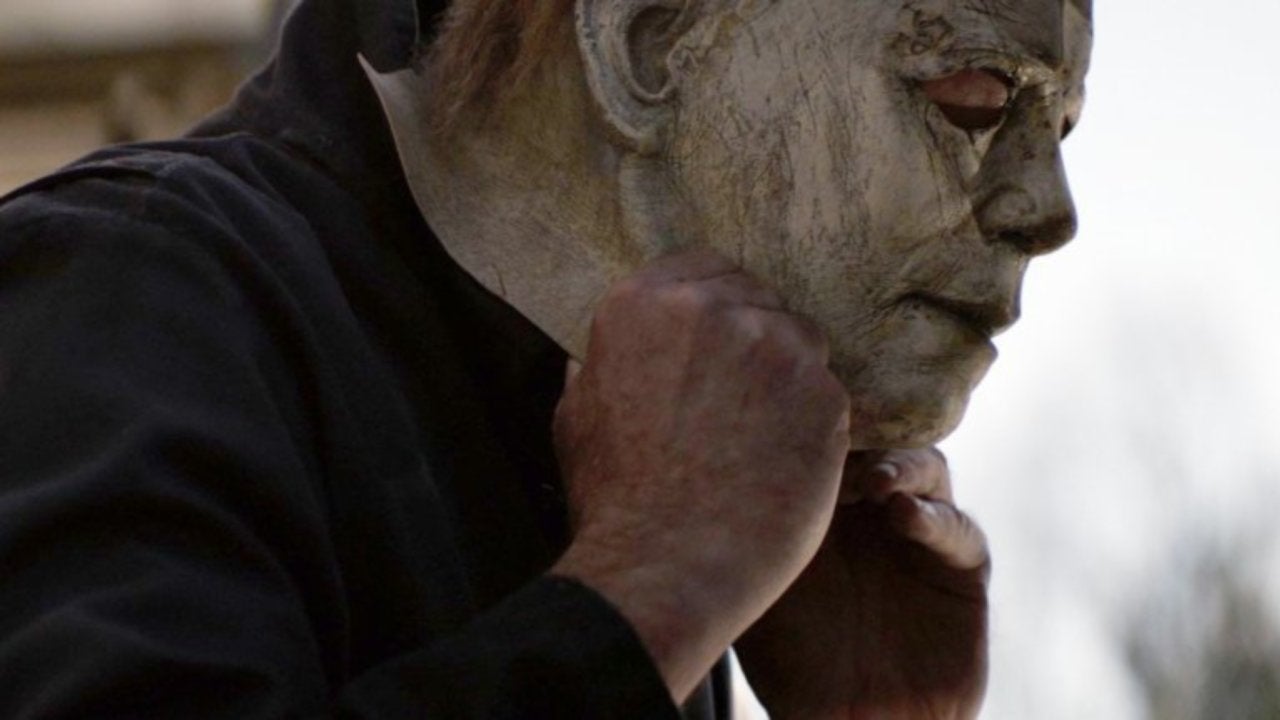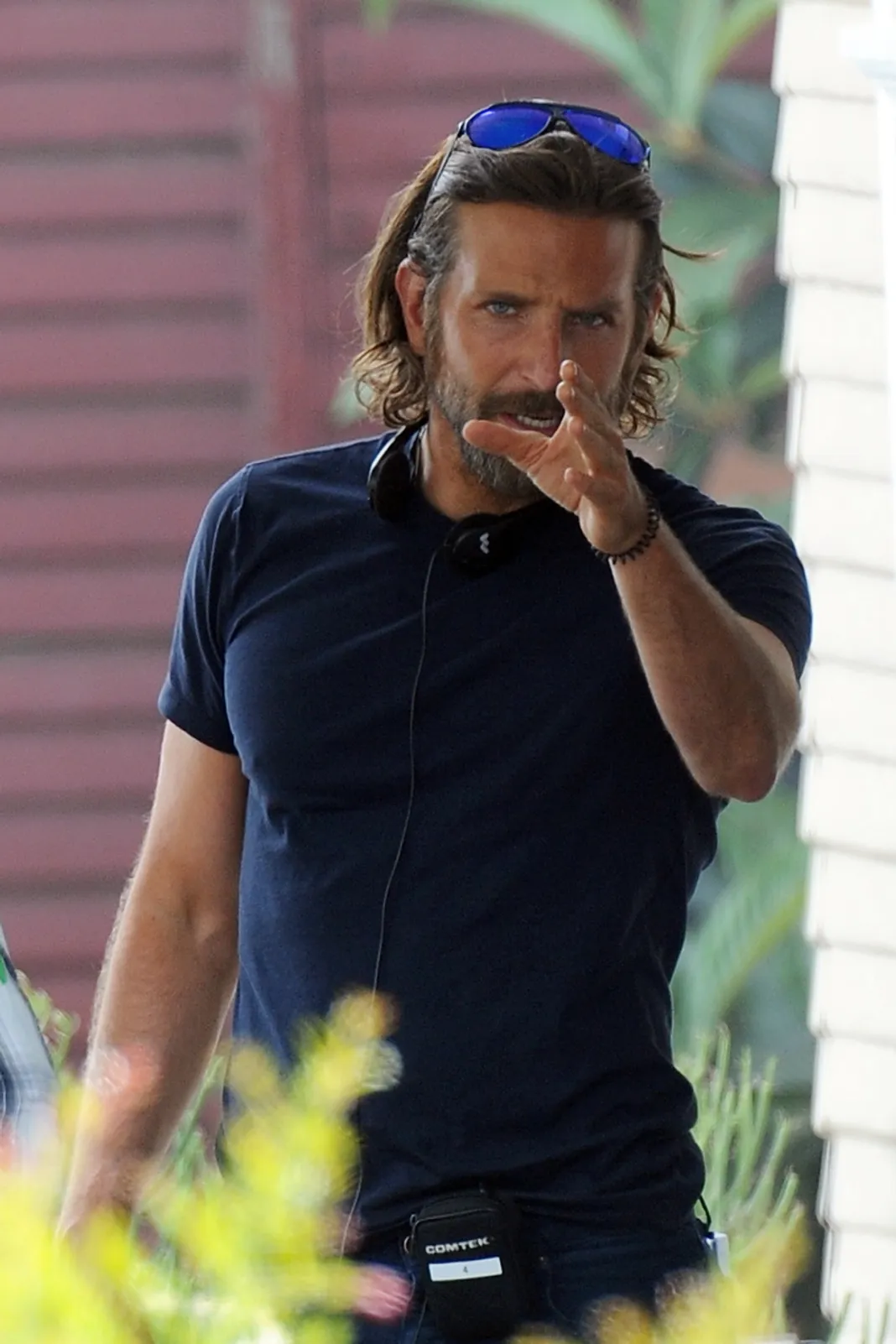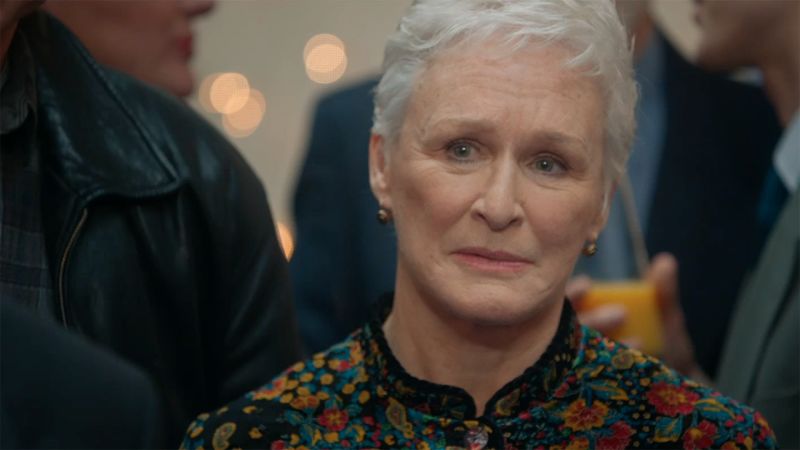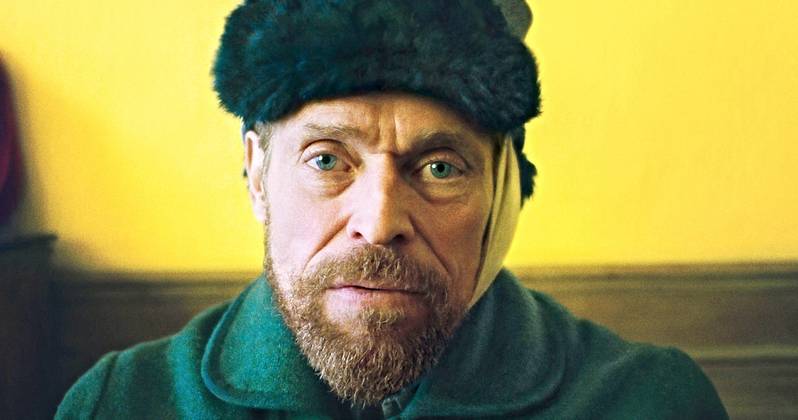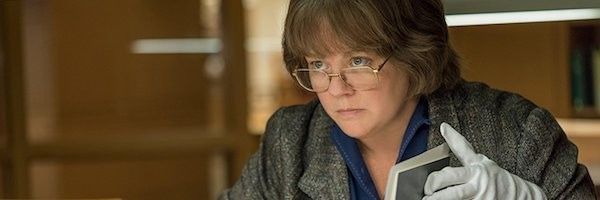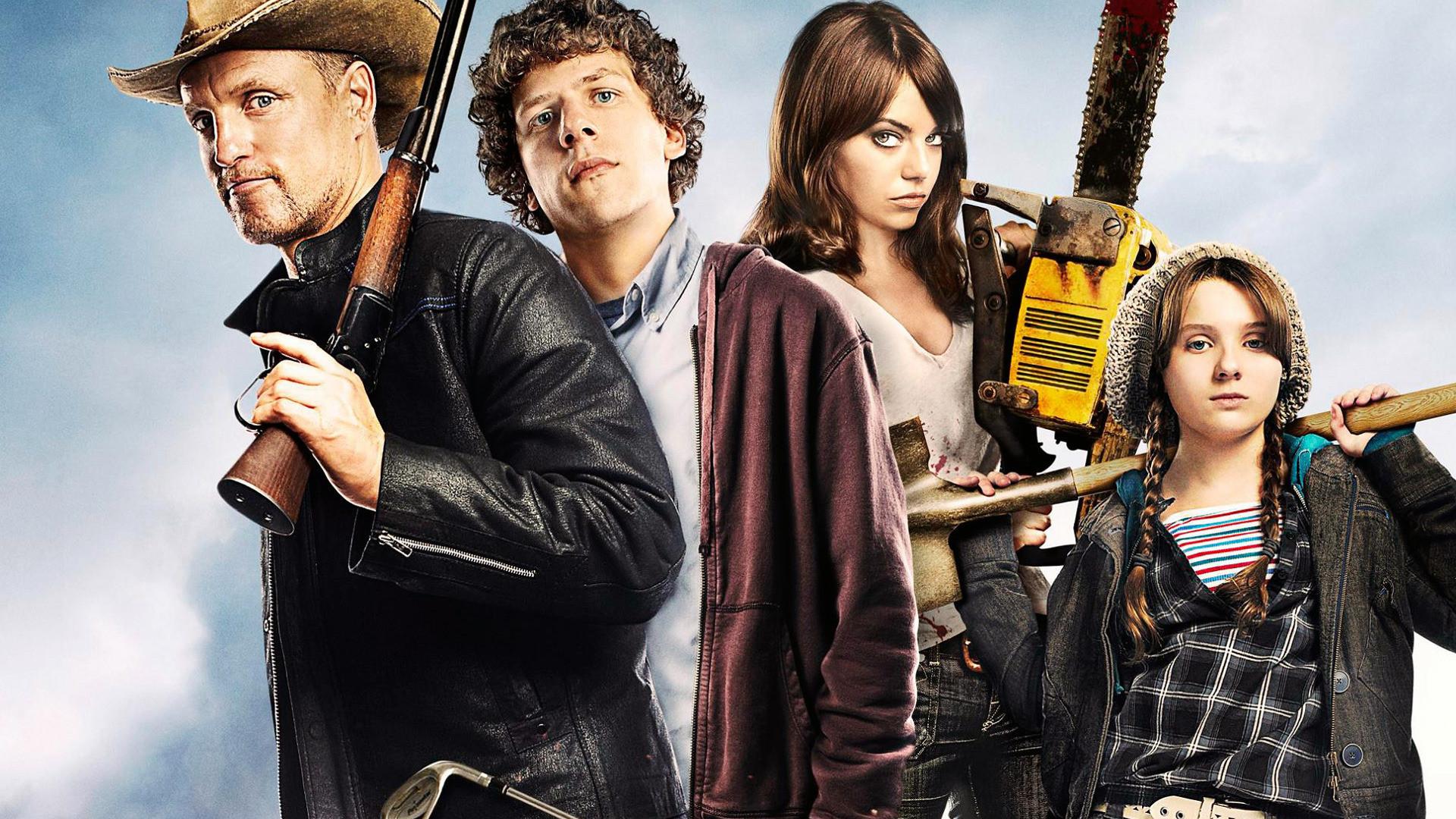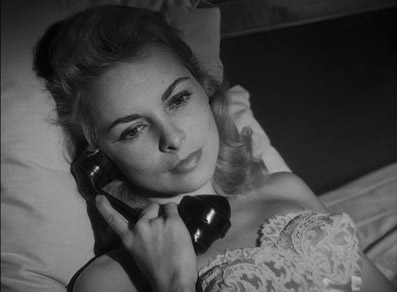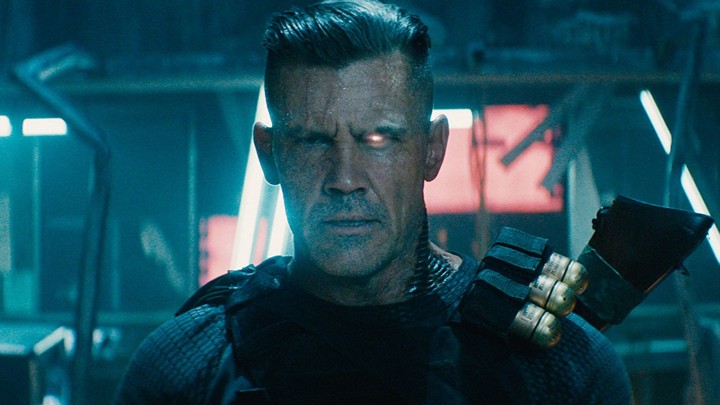Richard Donner's Superman was released 40 years ago and it's arguably the greatest superhero film of all time. It's certainly the one to which all subsequent superhero films are most indebted; not just because it was the first large-scale superhero film but due to its indelible images, music and performances that left their imprint on audiences' imaginations, including the creators behind future superhero films. One can see Superman's D.N.A in something even as singular as Sam Raimi's first Spider-Man (2002). Christopher Nolan has acknowledged it's influence on his approach to Batman Begins (2005) and Kevin Feige, architect behind the Marvel Cinematic Universe, has said its the constant reference point for the films. Its casting of major stars Marlon Brando and Gene Hackman also led to the early Batman films utilising big name actors for its villains. I would argue Superman and the original Star Wars- released a year and a half earlier- helped shape movie culture in to what it is today.
Superman (who was created Jerry Siegel and Joe Shuster) made his original appearance 40 years earlier in Action Comics #1 in 1938, so the film is at the exact mid-point of the character's history. It re-contextualised the character after nearly half a century of stories and defined many peoples' idea of the character since then. Instead of drawing inspiration solely from the comics, Donner used other films and genres as references. The early scenes on Krypton are reminiscent of other 70s sci-fi films, Clark Kent's teenage years feel like something out of Norman Rockwell and John Ford. When Clark gets to Metropolis, the scenes at The Daily Planet invoke His Girl Friday (1940) and Hackman's Lex Luthor is like a Bond villain.
Donner's versatility as a director remains underappreciated. This is the man who went from The Omen (1976) to Superman, and eventually the Lethal Weapon franchise. He reminds me of Robert Wise, who also had an eclectic career, and Donner's old-school approach was beneficial to the film. Superman needed a classic approach rather than an "auteur's" touch.
Mario Puzo, author of The Godfather, wrote the screenplay, with Leslie and David Newman, and Robert Benton coming in to do re-writes. It's important to note the screenplays for Superman and Superman II (1980) were written at the same time, with the first movie originally envisioned to end on a cliffhanger. The two films were filmed simultaneously but Donner was fired during work on Superman II. This was due to his poor relationship with the producers, father and son team Alexander and Ilyka Salkind. Richard Lester, director of the Beatles first film, A Hard Day's Night (1964), was brought in to finish Superman II.

Returning to the screenplay, the film's structure is not a conventional three-act structure. Instead, it's a series of short films that tell an overarching story. The first film is the Krypton prologue. We witness Kal-El's (Clark/Superman's Kryptonian birth-name) father Jor-El sentencing General Zod (Terence Stamp) and his co-conspirators, who planned a coup, to the Phantom Zone. This version of the Phantom Zone, which is like a floating mirror prison, is its most frightening depiction in the Superman mythology.
We've come to accept acclaimed actors appearing in superhero films as a given. However, having Brando play Superman's father was significant casting for its time. It helped lend credibility to the film as a serious production. Production designer John Barry, who won the Oscar for his work on Star Wars,establishes a sterile and cold society which won't listen to Jor-El's reasonable conclusion that Krypton will explode
I like how the sentencing of the trio to the Phantom Zone leads naturally to the discussion of Krypton's destruction. The Phantom Zone is a "living death" as Trevor Howard's Elder says but, as Jor-El responds, it's at least a chance at life, since everyone on Krypton will die. When baby Kal-El's ship flies through space, it passes by the prisoners. It's a darkly comic moment that thematically connects Kal-El and the other Kryptonians. They're survivors floating through space.
The second film is Clark's ship crash-landing in Smallville. He's discovered and adopted by Martha and Jonathan Kent (Phyllis Thaxter and Glenn Ford). We then flash forward to Clark as a teenager. It's a testament to Ford's performance that in his short screen time he makes him such a warm and likable character, a good man who Clark clearly respects and after which he will model himself. After Jonathan's death of a heart attack Clark discovers the Kryptonian crystal Jor-El stored in his ship and will help him unlock the secrets of his heritage. I think my favourite scene in the whole film is Clark's goodbye to Martha in the field, which invokes John Ford's The Searchers (1956). Thaxter, whose screen time is also short, gives a achingly touching performance.
After Clark spends some 12 years learning from Jor-El in the Fortress of Solitude, Christopher Reeve finally enters the film as the adult Clark. Some pretty famous actors were considered for the role of Superman, including some odd choices- Nick Nolte, James Caan- and some understandable ones- notably Robert Redford. Reeve was practically an unknown actor at the time but the decision to go with an unknown- as I mentioned in my piece on Romeo & Juliet- allowed the audience to accept Reeve as the character without associating him with other characters he played. Reeve not only looked like the character but he was a strong actor who had screen presence. He also made us believe that people would never suspect bumbling Clark Kent was actually Superman.
Reeve's portrayal of Superman has a reputation in certain circles as being boring but I feel his performance is charismatic, witty and sexy. He made this character flesh and blood in a way I don't think he'd been before on screen. And yes, he's old fashioned but he has to be so there's a strong contrast between him and the modern world he occupies. Costume designer Yvonne Blake, who died earlier this year, deserves a lot of credit for creating a Superman suit that was simple but iconic, as well as functional.
This is also the rare superhero film where the male is the object of allure rather than the woman. It seems fitting Zack Snyder became the heir to the franchise since he's also fascinated with the masculine body.
Margot Kidder's performance as Lois Lane is also key to the film's success. She and Reeve have instant chemistry as both Clark and Lois and Superman and Lois. We understand why Clark would be attracted to her and respect her. Clark places himself in a weird love triangle with himself. He has a great night with Lois but then reverts to the Clark Kent persona, seeing Lois still occupied with thoughts of Superman. In a great moment he almost reveals his identity to Lois, changing his posture, taking his glasses off, changing from Clark to Superman and back again seamlessly.
I honestly love Gene Hackman's performance as Lex. I know for many he doesn't match the image they have of the character but his portrayal makes sense in the context of what I mentioned earlier- which he's essentially a Bond villain. And I do think he's true to comic-book Lex's megalomaniacal nature. Hackman is just broad enough with delving in to camp- and the dynamic between him and Superman in their one big scene together is well-defined.
I will say I don't like the reversal of time ending, which was originally intended for the ending of Superman II (and was restored in the 2006 Richard Donner Cut version of the film) and I think it would've worked better as the conclusion of a two film story. The "Can you read my mind?" voice-over also undermines the flight scene with Lois and Superman.
I realised I talked this long with mentioning John Williams' majestic and triumphant score. I'd say the Superman theme is still the definitive superhero theme, aided by the visually stunning credits sequence. Williams' scores imbue in me a deep sense of nostalgia. The music for the film is whimsical, romantic, and filled with a sense of awe.
The film is dedicated to the film's cinematographer Geoffrey Unsworth, who died only a few months before the film's premiere. He photographed Stanley Kubrick 2001: A Space Odyssey (1968) and Roman Polanski's Tess (1979), for which he won a posthumous Oscar, his second after Cabaret (1972). Unsworth creates a distinct look for each world of the film, from Krypton to Smallville, to Metropolis, stressing how the film is largely about the different worlds Clark/Superman inhabit.
Clark/Superman doesn't have a traditional character arc. The film is more about the world around Superman and its reaction to him, as well as his purpose on Earth, which to inspire the good in people. Superman remains an important pop culture figure because of his innate goodness and the importance of hope in dark times. Superman lives on because it's such a happy and hopeful film, even with its darker moments. Reeve and Kidder are no longer with us but they live on in their performances, which are as timeless as the performances from classic Hollywood. To them, Donner, and the rest, thank you.




